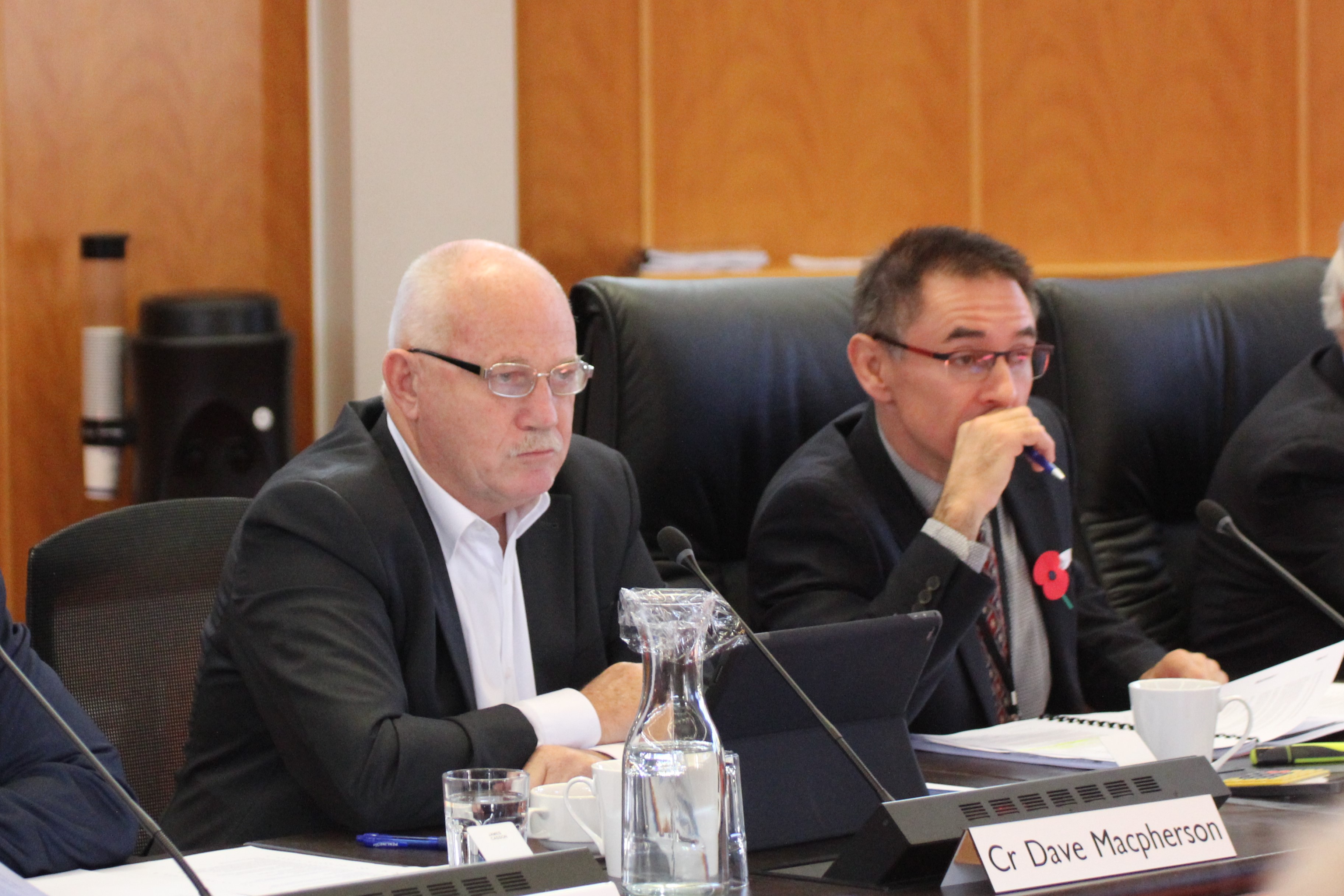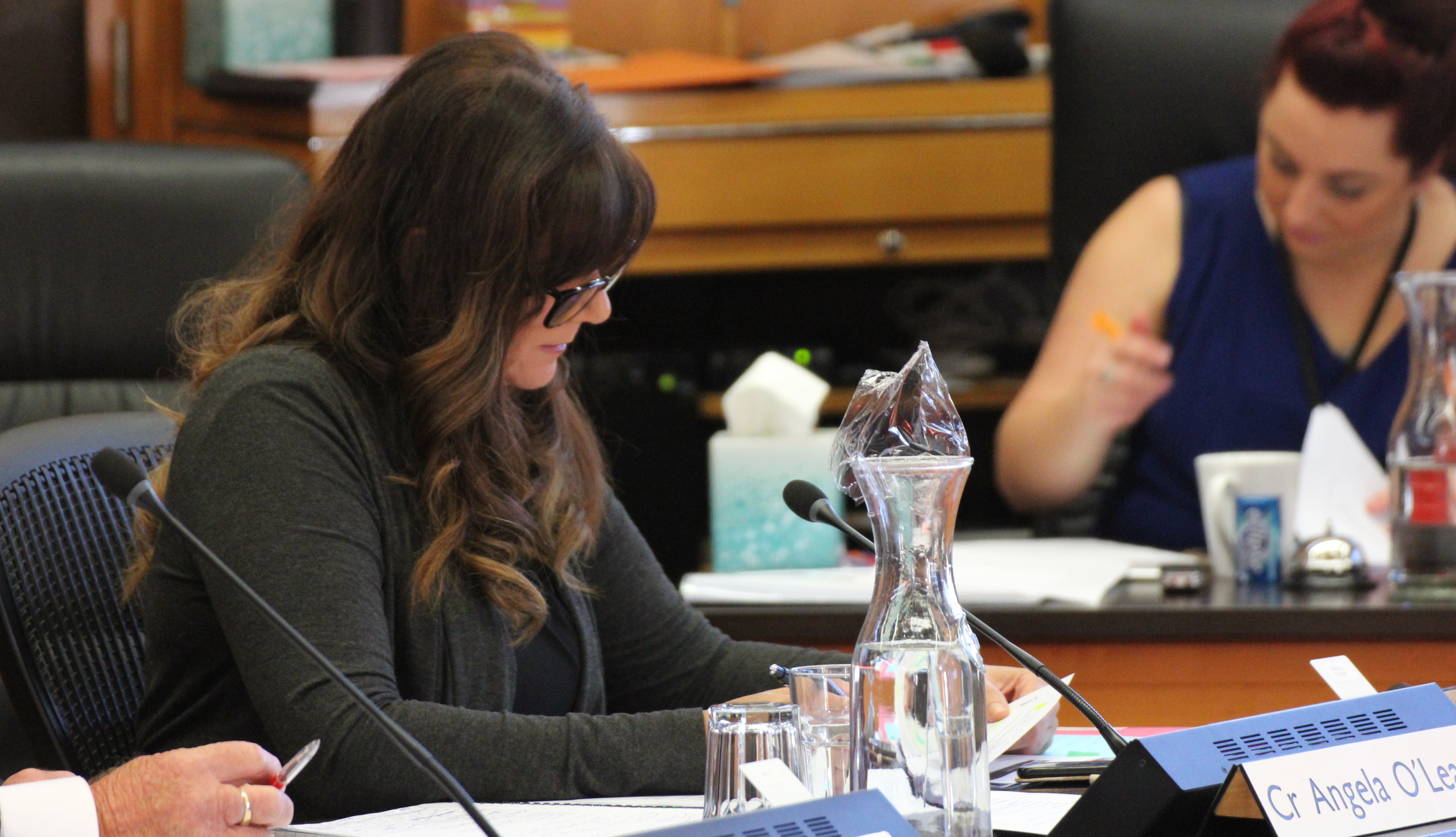Hamilton council backs shared water-management company
Hamilton City Council is a step closer to setting up a water-managing CCO, but for some councillors the move doesn’t go far enough.

Hamilton is a step closer to setting up a council-controlled business to manage its water, under a plan that will see it keep ownership of the assets.
The city will consult with Waipa and Waikato districts on forming a shared water management company.
Each council would continue to be responsible for their assets such as water treatment plants and would continue to make their own decisions on what to charge water users. It marks a departure from an asset-owned model, in which the council-controlled organisation (CCO) also owns the assets,
Cr Dave Macpherson led the charge against an asset-owned model of water management and said he is “happy enough” with the direction the council is now heading.
“I think this is a good compromise and way forward for the whole of our community,” Macpherson said.
“This proposal here is one that keeps a lot of that control.
“[It] delivers a much greater degree of openness, transparency and I’d suggest democracy as well.”
Council has explored the potential for a water-management CCO for over three years and the government has indicated a preference that the neighbouring councils work together.
“They’re very unhappy about councils doing their own thing when it’s physically possible for them to cooperate,” Macpherson said.
Cr Garry Mallet said he would support the CCO in the hope that it would eventually lead to an asset-owning model, which would have higher start-up risks but potentially better savings.
“I will reluctantly support this,” Mallet said. “My support is premised on hopefully this being a step towards the full asset-owning procedure.
“I’m pretty sure that the non-asset owning CCO is a better deal than what we’ve got with the status quo. I am very sure that an asset-owning CCO would be substantially better,” he said.
Councillor Paula Southgate and Councillor Rob Pascoe voted for the motion, but also expressed an interest in further exploring an asset-owning model.
“I’ve never really one hundred per cent accepted the rationale not to go there.” Southgate said.
Like Macpherson, Mayor Andrew King said he was pleased with where the council was headed, especially as this CCO would leave it open for other councils to join the organisation in the future.
“This is about pulling the councils in the Waikato together as a team and working together,” King said.
“I think this is quite important. Some of our smaller, weaker or not such affluent councils may be very keen to join in with this model, still carrying their own risk,” he said.
This model would operate similarly to the CCO Wellington Waters, which manages water treatment and supply for five councils.
Some councillors voiced concern at a lack of evidence of significant savings presented from Wellington Waters, which was formed 13 years ago.
Cr Angela O’Leary and Cr Siggi Henry were the only two councillors to vote against the motion to progress with a water-management CCO.

O’Leary said the Hamilton Council already demonstrated excellent service and thought the status quo should be considered a viable option.
“I am drawing a line in the sand,” O’Leary said.
“They can’t provide us with some strong financial proof and evidence that there were savings,” she said.
“You know what? In Hamilton we have exceptional staff. We deliver exceptional service.
“I haven’t been convinced through this journey that we have found a better way to do something that is worth the cost of our residents losing even a small part of their sense of ownership,” O’Leary said.
Cr Geoff Taylor supported the motion and said the decision to wait for a safer model rather than rush into an asset-owned model should be a lesson to the council.
“I believe this option means we still save money – over time, yes. But we keep control over our water and waste water assets and above all our destiny,” Taylor said.
“I think we have a better option, it’s paid off.
“You don’t have to be pushed into things because a consultant says it will save you some money,” he said.
“This council needs to remember that because there will be more decisions like this coming up.”




